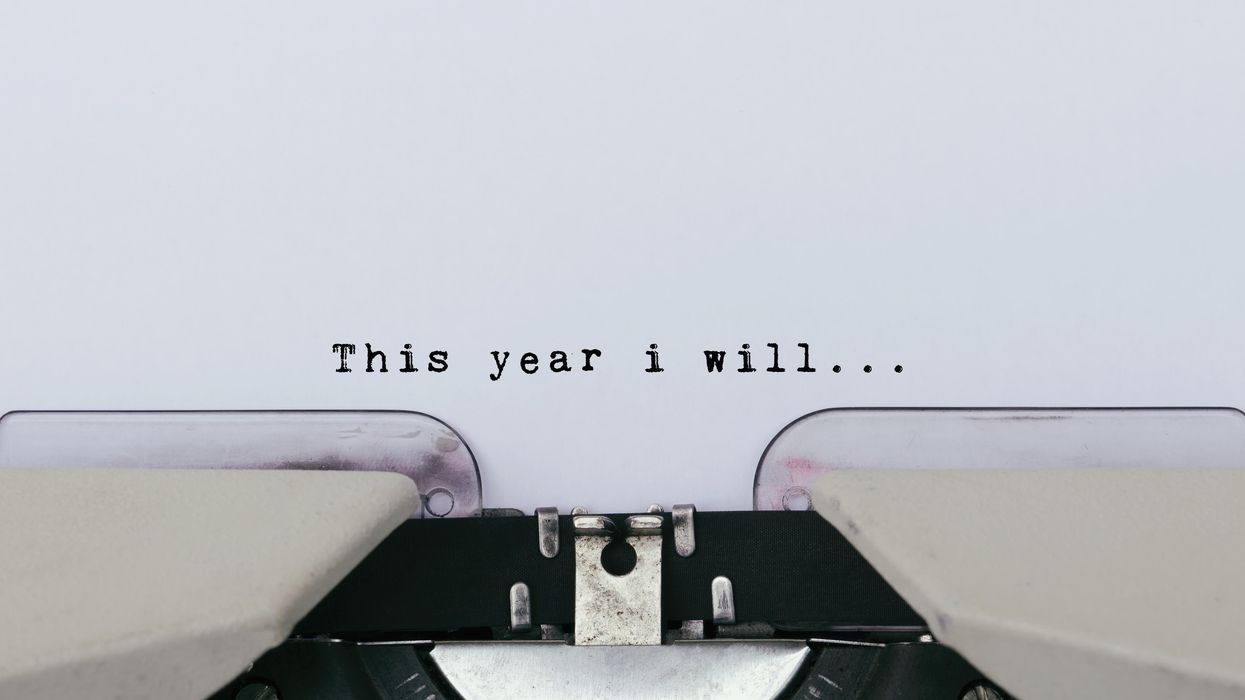As 2022 draws to a close, The Fulcrum has invited leaders of democracy reform organizations to share their hopes and plans for the coming year. This is the eighth in the series.
Vines is the executive producer of the 2021 documentary “Dialogue Lab: America” and president/CEO of Ideos Institute. Molineaux is co-publisher of The Fulcrum and president/CEO of the Bridge Alliance Education Fund.
This time of darkness in the Northern Hemisphere is a time when many of us go inward. We reflect on the past and plan the future. We gather with friends and family or feel isolated and lonely. Or both. This time of year is a time of struggle for many among us. It’s also an opportunity for renewal.
The world is changing. Our nation is evolving. The changing nature of life itself doesn’t require permission, understanding or approval. It simply is. What we have control to change is our perception and our response. One way to feel empowered is to observe, decide, and then act.
Observe: What do you think about? Have you ever examined the thoughts you think and wondered where they came from? Are they really yours? Much of what goes on in our thinking are ideas and beliefs that are external to us. They are the ideas or biases of our family, our faith, the media, advertisers and our friends. Without examination, we may mistakenly believe these thoughts are our own. Many of them are not.
Without the ability to think critically about why we believe what we believe, and examine where holes in our beliefs might lie, we live captive to the ideas and biases of others. When an entire population or group fails to engage this sort of reflective examination, groupthink is often the end result. In the worst of cases, groupthink can lead to dangerous social behaviors like anti-democracy activities or even violence against other groups.
Decide: Do you believe every thought you think? One benefit of examining what’s in our stream of consciousness is the ability to discard what’s not working. We outgrow beliefs like children outgrow the tooth fairy and Santa Claus. This aspect of self-reflection allows us to change our mind and adopt new beliefs that better serve our needs. A common example is when people believe they don’t deserve love. This unhealthy belief causes suffering and leads to a spiral of despair. Once discarded, a new belief can grow to improve our life. It is simple to do. It also requires practice.
As these practices take root, the process of constantly and intentionally discarding unhelpful ideas and biases become second nature. This, then, allows us as individuals, and eventually as social groups, to become more effective and critical thinkers who can offer love and compassion to others without feeling threatened in the process.
Self-reflection helps us have compassion for ourselves. While judging harshly may be our first impulse, discarding the judgment as an unhelpful belief is essential. When we know better, we must do better, as Maya Angelou noted. Can you imagine what our society would be like if everyone practiced self-compassion in service of offering that same compassion to others?
Act: While these skills are vital to a functioning and healthy self and society, they also require practice. One easy way to practice is by spending time in dialogue with others on a similar journey. The great news is that you can begin this practice anytime.
In fact, we think that engaging in dialogue should be one of your New Year’s resolutions. And to start, why not join the National Day of Dialogue happening on Jan. 5. There you will gain from like-minded organizations ready to help you take your dialogue practice to the next level, including offering tools and guides so you can gain the confidence necessary to begin. You may want to invite a friend or colleague to join you. You might even find new friends to partner with. The important thing is to start.
As more Americans practice self-reflection in community with others, we begin to co-create a future we’d like to live into. By empowering ourselves, we in turn empower others to be better citizens, friends and family members.
Every journey starts with a single step. And yes, practice makes progress. Together we are stronger and should we find our way back to showing love and compassion to those with whom we disagree, our nation will be stronger, too.



















Trump & Hegseth gave Mark Kelly a huge 2028 gift